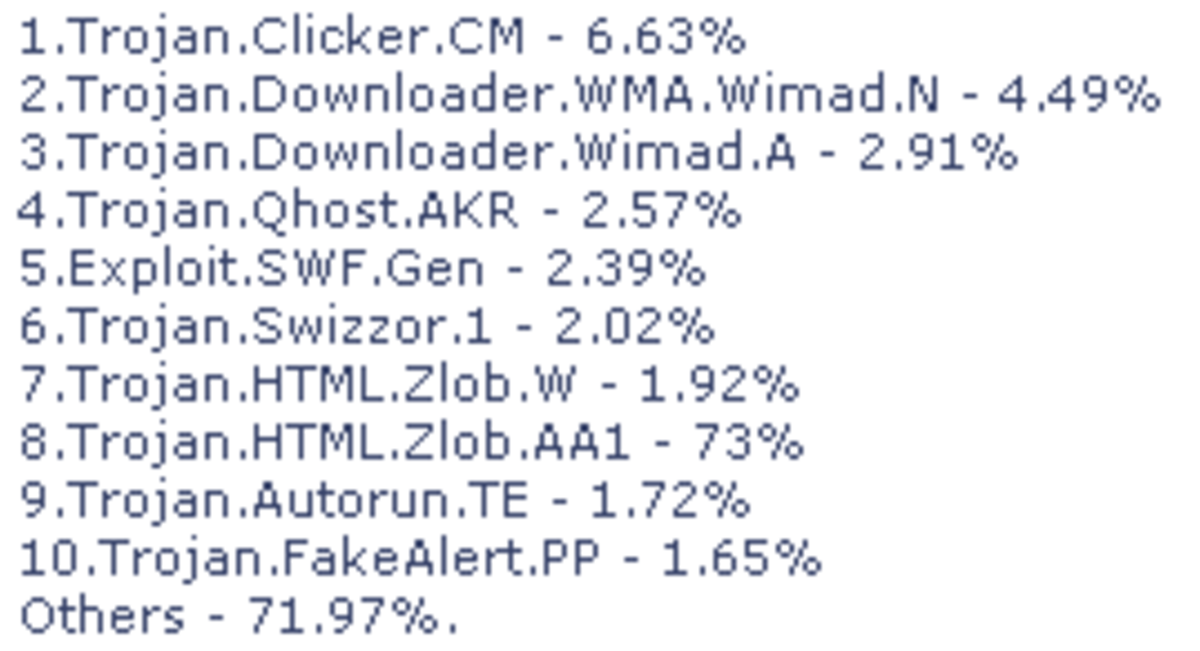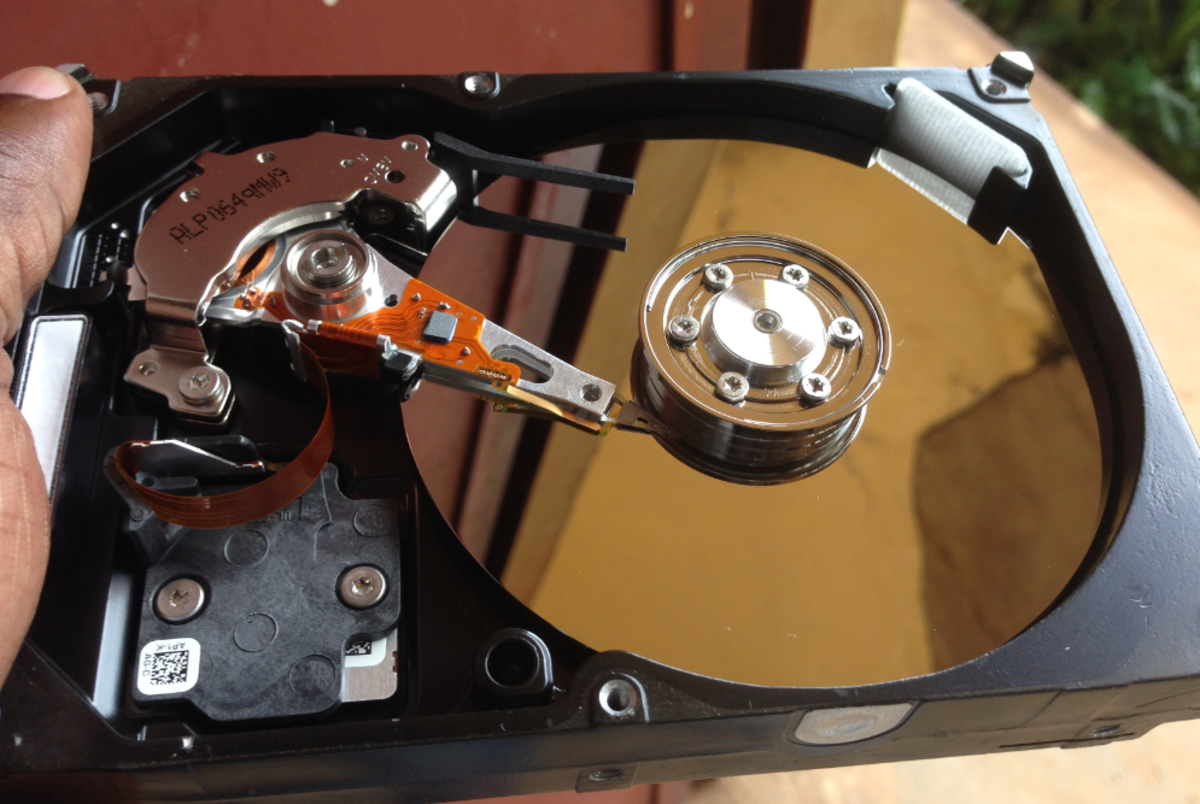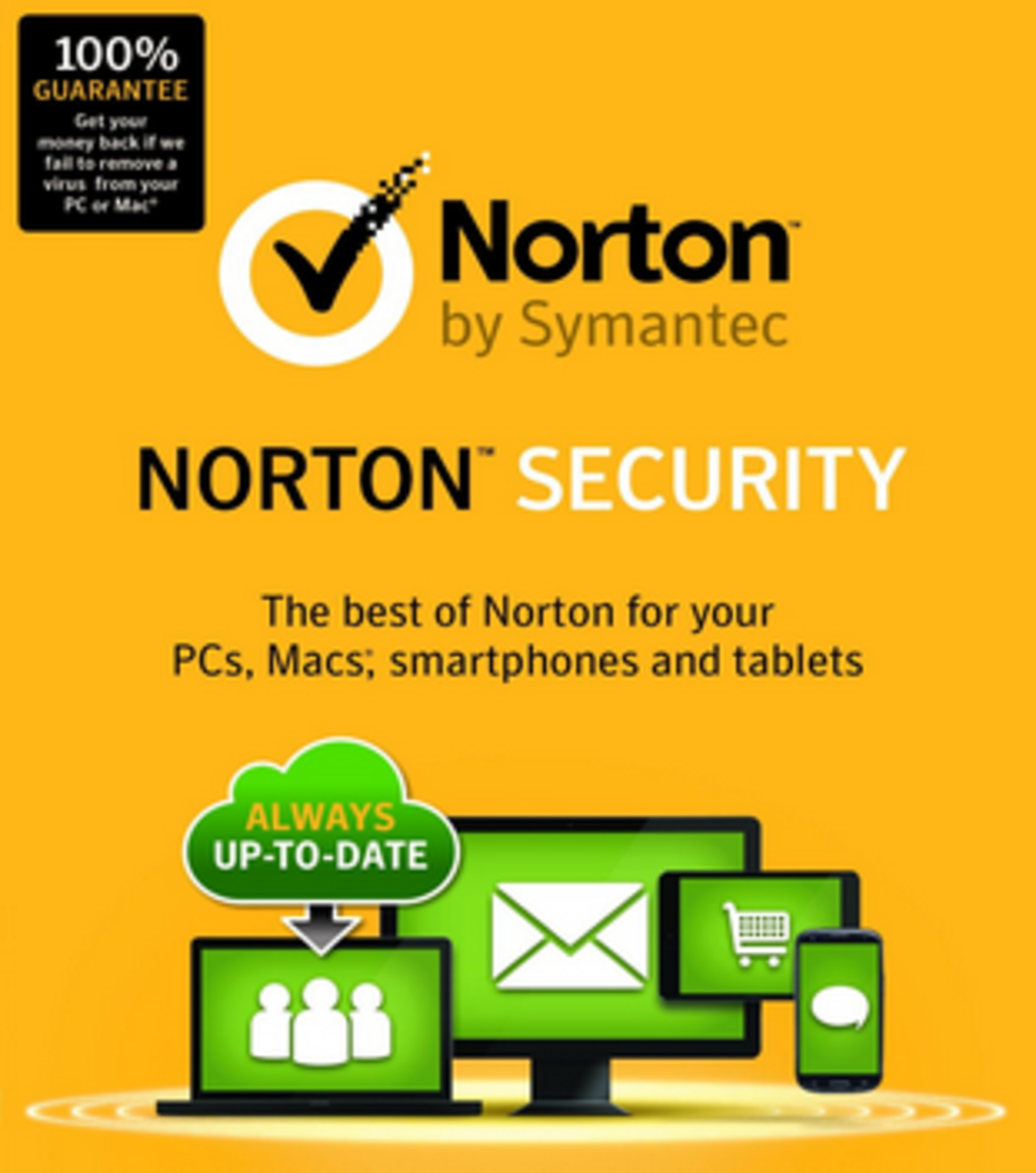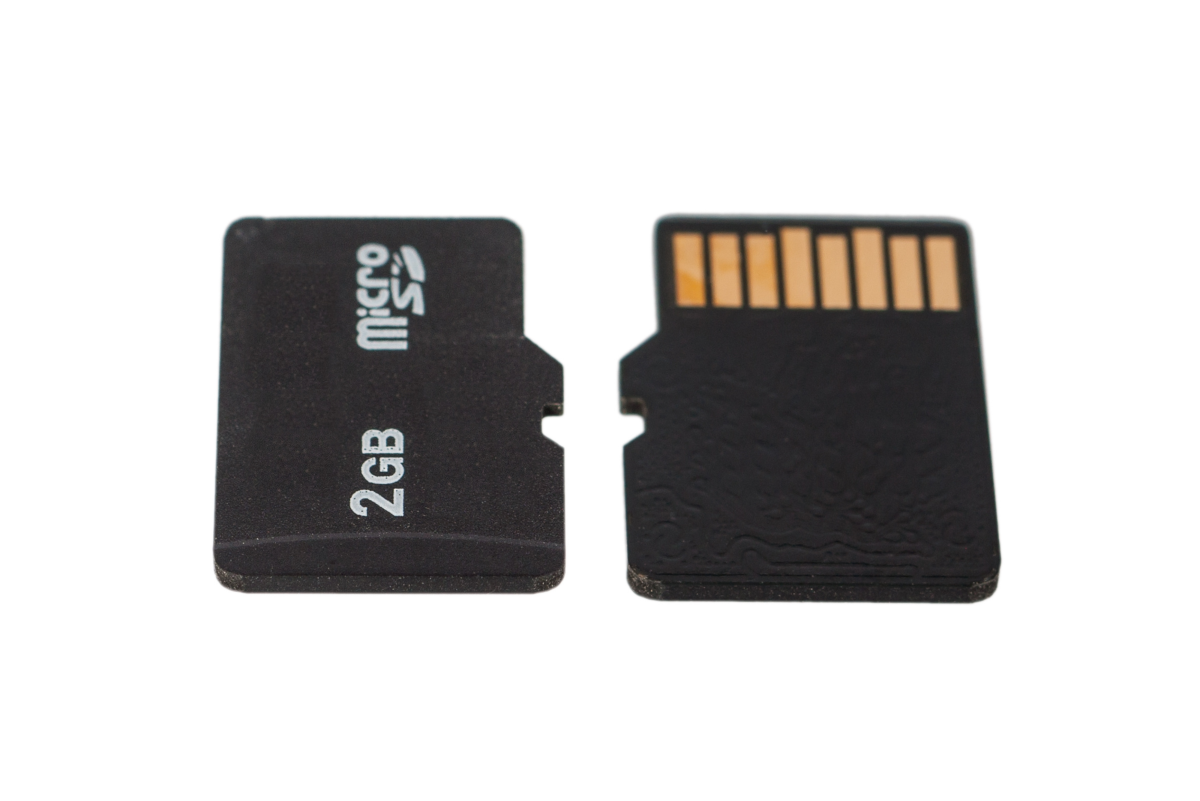- HubPages»
- Technology»
- Internet & the Web»
- Viruses, Spyware & Internet Security
Antivirus vs Firewall

About Different Computer Security Software
Antivirus software and personal firewalls are important computer security tools that can protect your information against malware and hackers. Many modern security solutions offer both, although nothing's stopping you from using an antivirus and a firewall from two different developers.
This page explains the differences between firewalls and antiviruses, and their usual functions. You can also participate in a discussion on which kind of software is more important for IT security. Finally, you are welcome to vote for your favorite antivirus in the poll below.
The Difference Between an Antivirus and a Firewall
Is an antivirus program or a firewall more important to have?
While they may seem similar, software firewalls and antiviruses have different functions. An antivirus monitor works in the background and scans any files you access, be it from your hard drive, a removable disk, a flash drive, or the internet. It can also be used to scan your whole computer on demand. Antiviruses need to be regularly updated, so they can recognize the newest threats.
On the other hand, a firewall monitors incoming and outgoing traffic on your computer. You do not need one for a PC that is not connected to the internet, but otherwise a firewall is almost essential (which is why all Windows operating systems now come with a basic firewall). It closes unused ports and blocks suspicious connection attempts, so your computer appears invisible to hackers. A firewall can also prevent potentially harmful software from connecting to the internet. Most firewalls will warn you when a new program attempts to reach the internet, and give you a choice of blocking or allowing the connection (sadly, Windows firewall lacks this convenient function).
As you can see, you need both a firewall and an antivirus monitor in order to secure your PC and reduce the risk of losing sensitive data. Don't worry though - you don't have to spend any money on an expensive internet security suite. There are several great programs that are free for personal use these days, and the performance decrease on a modern PC is also unnoticeable.
Firewall vs Antivirus Debate
Some people don't use an antivirus at all, opting instead to practice safe browsing and use other security measures such as NoScript browser add-on. Others aren't convinced they need a software firewall (after all, everything has been working fine up till now, right?). I invite you to participate in the discussion below and share your opinion on which security software is more crucial on a Windows PC: an antivirus or a firewall.
Which software is more important for computer security?
Block Outgoing Traffic with Windows Firewall
Here's how to get more out of the basic Windows firewall
By default, Windows firewall only monitors the incoming traffic. What's more, it only offers the most basic settings. However, it actually can be a pretty powerful tool if you unlock its full features. To do that, press Start > Run, and enter "mmc". Click File > Add/Remove Snap-in and choose "Windows Firewall with Advanced Security" on the left side.
Now you can modify both incoming and outgoing rules, use different firewall profiles, log dropped connections, and more. Sadly, this Windows Firewall with Advanced Security still lacks one very useful feature that all commercial products have: it does not notify you when an outgoing connection gets blocked (it only does that for incoming connections).
Best Antivirus Software Poll
Which antivirus software do you prefer?
My Favorite Security Software
I've personally been using Avast (disclosure: this is my affiliate link) antivirus for the past few years, and I couldn't be happier with it. The free version only includes antivirus protection, whereas the paid one adds a firewall and other premium features. Frankly, if you use Windows Firewall with Advanced Security to block outgoing traffic as well, then the free version of Avast is more than enough. It also doesn't have as many annoying nags to upgrade to the paid version like other similar software does (Avast only shows those when updating the program).
Share your own favorite antivirus and firewall software in the comments below.








